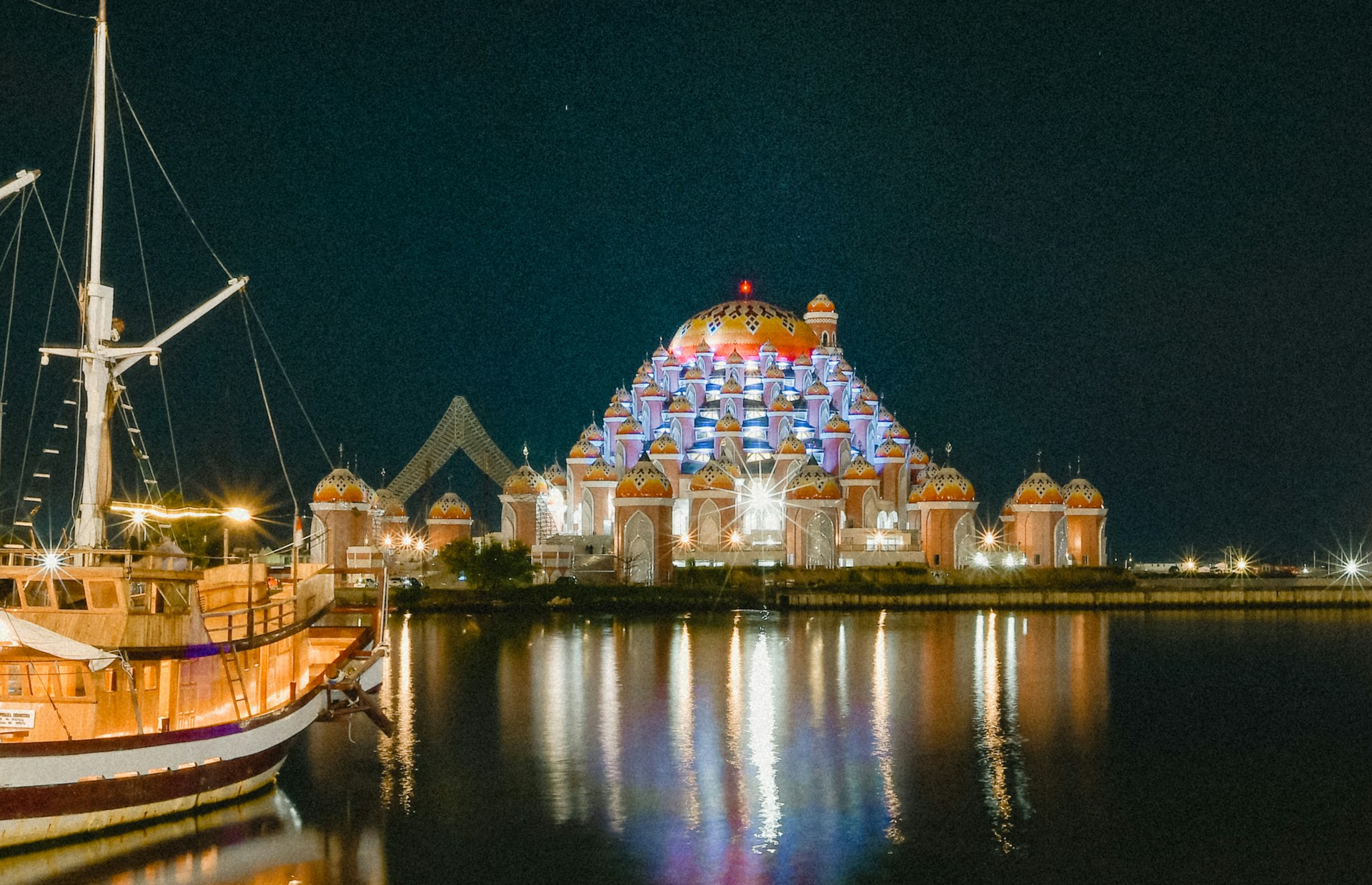The introduction of Islam in South Sulawesi, Indonesia, was marked by the fall of Malacca to the Portuguese in 1511 AD, which resulted in the decline of trade routes on the islands of Java and Sumatra. The decline resulted in the trade route moving to the eastern region of the archipelago, with Sompa Opu as its center. Sompa Opu was the capital of the Gowa-Tallo Kingdom in Makassar, South Sulawesi, which connected the western and eastern parts of the archipelago through trade during the 16th to 17th centuries. This location attracted traders and business people from India, Persia, Arabia, China, and Europe to conduct commerce. On this basis, it accelerated the spread of Islam through Arab traders in the royal centers of South Sulawesi.
However, in the historical literature, it is found that specifically, the Islamization in South Sulawesi cannot be separated from the central role of three Mubalig who were assigned to spread Islam in this area. These three preachers came from Minangkabau, West Sumatra, and were known among the Bugis community as “Datu Tellue” – Bugis is one of the tribes found in South Sulawesi. The three preachers were named Abdul Kadir Datuk Tunggal with the nickname Datuk ri Bandang, Sulung Sulaeman, who was called Datuk Patimang, and Khatib Bungsu, who was known as Datuk ri Tiro. These three scholars shared the task of spreading Islam in South Sulawesi. Datuk ri Bandang was chosen to serve in the Gowa-Tallo Kingdom, Datuk Patimang served in the Luwu Kingdom, and Datuk ri Tiro in the Tiro Bulukumba area.
The prevailing view among the Bugis and Makassar society in the early 17th century, Islam had already entered South Sulawesi through a cleric from Central Minangkabau, West Sumatra, Abdul Kadir Khatib. It is said that he arrived at Tallo harbor in 1605 on a boat. On the beach, Khatib performed a prayer that astonished the people. He told the people that he had come to see the king. Hearing this made the king of Tallo immediately rush to the beach to meet the strange person. So here, then, the Islamization in the Tallo kingdom is based on the views of the Bugis and Makassar people.
